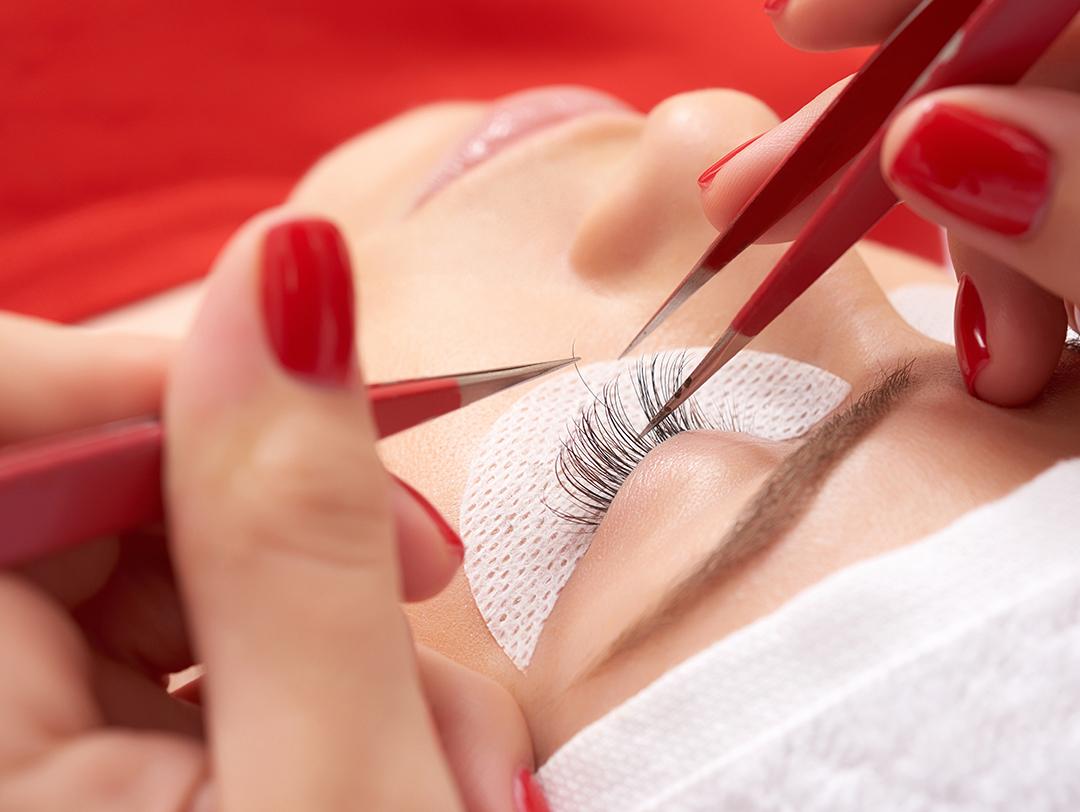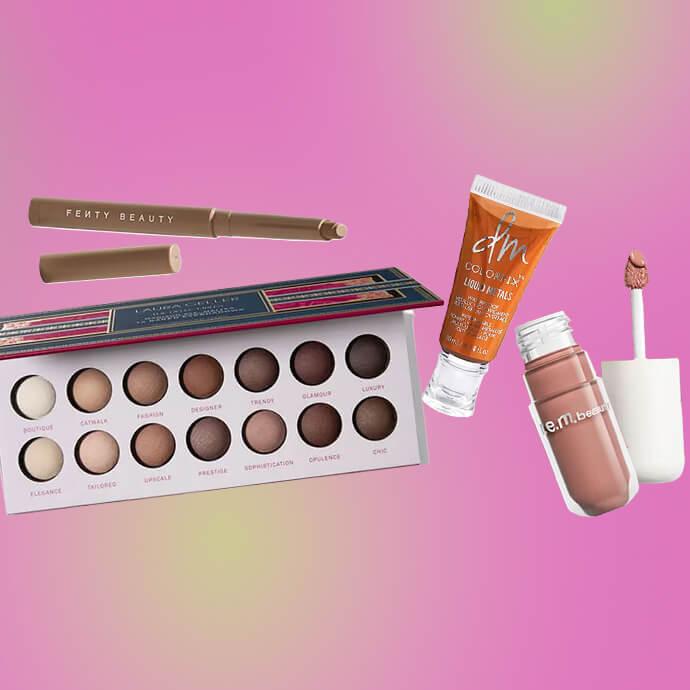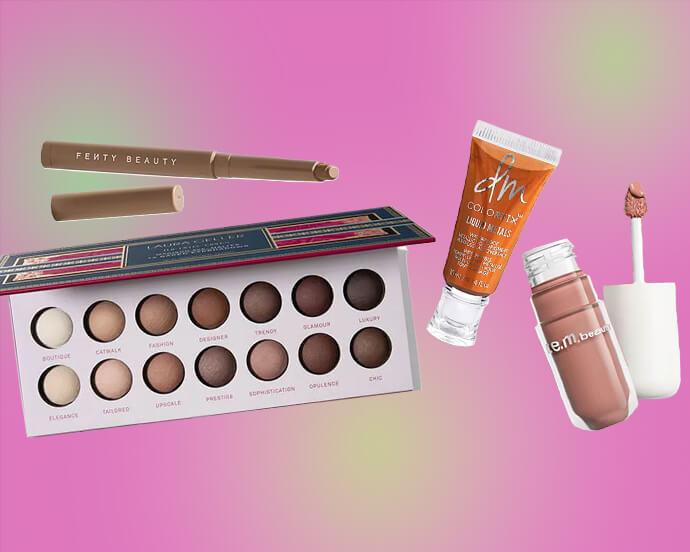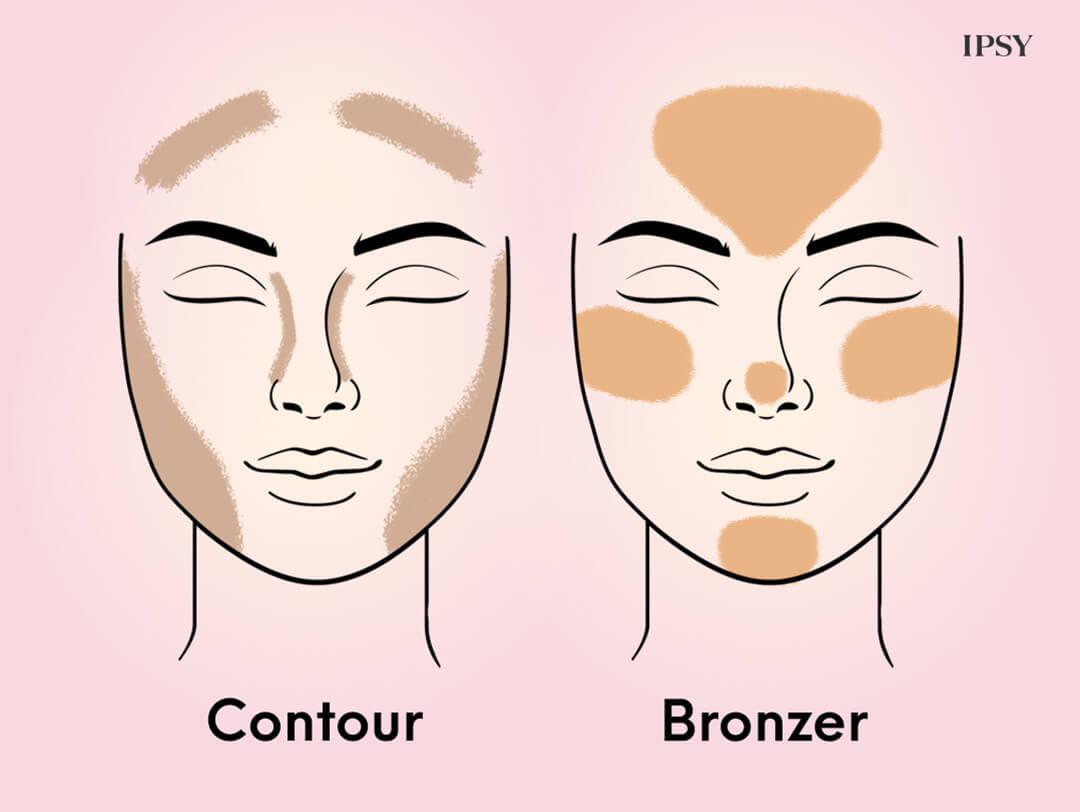Eyelash Extensions for Beginners: Your Complete Lash Extension Guide



Elizabeth Denton


The beauty industry has gone all in in terms of lashes. We’ve got the best volumizing and lengthening mascara, lash serums, eyelash curlers, false lashes—the works. But if you want to wake up with full, fluttering lashes on the daily, the best choice is eyelash extensions. They can look pretty incredible and they’re convenient without needing mascara or fake eyelashes with sticky glue. But there are some drawbacks, including the high price and potential damage to your natural lashes without proper care.
Still, semi-permanent eyelash extensions are popular and can be totally safe as long as you find the right lash artist and take care of your eye area. We chatted with lash expert Dionne Phillips to get the top tips for first time falsies.


It's about glam time you treated yourself.
MEET THE EXPERT
Dionne Phillips is a licensed esthetician and lash expert based in Beverly Hills, CA.
What Are Lash Extensions?
First, let’s get to the bottom of what exactly is applied to your natural lashes. “Eyelash extensions are silk synthetic single fibers that are attached to each individual natural eyelash one at a time to customize your natural lashes to be fuller and thicker,” says Phillips. Eyelash extensions are semi-permanent and last up to four weeks depending on your natural hair growth.
Types of Eyelash Extensions
Most studios carry three types of eyelash extensions: silk, mink, and synthetic. (Faux mink is basically just synthetic that resembles mink.) Phillips says there are also many different names of lashes and these often depend on the lash technician or lash artist. For example, there are Natural Classic lashes (a more natural look), Hybrid (a mix of single lashes and flare lashes), Volume lashes (a fuller, longer set), Mega Volume lashes (a longer, super dense, thicker lash) and Russian Volume (ultra-fine synthetic lashes).
“One look doesn’t look the same from each lash artist,” says Phillips. “This is why you research the looks of a particular lash tech/eyelash artist.” It helps to make sure your aesthetic fits with that of the artist.
Prepping for Your Appointment
Phillips stresses the importance of doing your research when it comes to choosing a lash artist. It’s not just aesthetic. “You want to be sure the artist understands hair growth, design, sanitation, and disinfections,” she says. “That they invested time, knowledge, and skill into their own professional business to give you what you want with safety.”
Once you’ve chosen your lash technician, you’ll want to work with the tech to decide the ideal length and curl strength for you. Be sure to voice whether you want a more natural look or a more dramatic lash look. Your eye shape comes into play too. Full outer corner lashes might work well on your eyes while long lashes across the lash line might look best on another.
Eyelash Extension Application
Phillips says that all lash artists apply eyelash extensions slightly different, but there’s a general application to follow. First, the lash technician will cleanse the eye area to remove makeup, oil, and germs. Then, you’ll want to get comfortable because you’ll be laying down for one-to-two hours. Skip any stimulants like caffeine to make this process a bit more comfortable.
After applying some medical-grade tape around your eyes (it doesn’t hurt!) and under-eye patches for contrast, the lash technician will glue the semi-permanent lashes one by one on top of your natural lashes with tweezers. More full, dramatic lashes might require even more. Be sure to alert your artist if you have any allergies to lash adhesive. Otherwise, lash glue is generally safe as long as it doesn’t contain formaldehyde—and it shouldn't with a licensed lash artist, but it’s always okay to ask and make sure.
How Much Do Lash Extensions Cost?
Cost varies state to state and even city to city but they can get pretty pricey, from about $100 to $400 without tip. As much as you might want to find an online coupon or go to a discount studio, eyelash extension application is a beauty service you shouldn’t skimp on. You don’t have to choose the most expensive studio in your area, but you’ll want to ensure the one you choose is reputable.
Eyelash Extension Aftercare
Lash extensions are pretty delicate, but caring for your eye area will help your lashes last and keep your natural lashes safe. First and foremost, you shouldn’t get them wet for the first 48 hours (try swimming goggles in the shower!) and don’t sleep on your stomach—you could crush them and break down the bond of the lash adhesive. Brush your lashes with a spoolie when you wake up, after you shower, and at the end of the day when you remove all your eye makeup. Also, be sure to use a makeup remover that’s oil-free to keep the glue strong. Just remember to be gentle!
It’s especially important not to rub your eyes. On that note, Phillips says that lash extensions might not be right for those with allergies or folks prone to rubbing their eyes or picking at them.
When Is It Time for a Refill?
To keep your natural lashes as healthy as possible, try not to DIY your own lash removal. Always see your lash technician to remove them or get a refill every three-to-four weeks. Cost is generally less, around $40 to $165. Just don’t wait too long, Phillips stresses, or more lashes will need to be fully replaced with new lashes, taking more time and money.
Want to get your lashes in tip top shape, from mascaras to serums? Take our Beauty Quiz now to get started. Already an Ipster? Refer your friends to earn points, which you can use toward products. Either way, don’t forget to check us out on Instagram and Twitter @IPSY.
Like this article? Share it with your friends by clicking the icons below!
Liked this post? Share!
Related Stories


Makeup
How to Expertly Apply Eyeshadow on Mature Skin
Published on Dec 10, 2025 • 6 min read


Makeup
How to Use Bronzer and Contour to Sculpt Your Face Like a Pro
Published on Dec 5, 2025 • 9 min read


Makeup
Makeup for Older Women That Works With Your Skin, Not Against It
Published on Dec 1, 2025 • 12 min read


Makeup
2026’s Biggest Makeup Trends Are a Maximalist Dream
Published on Dec 1, 2025 • 8 min read


Makeup
2025’s Biggest Makeup Trends: Go Big or Go Home
Published on Dec 13, 2024 • 7 min read


Makeup
16 New Year’s Eve Makeup Ideas to Fashionably Ring in 2026
Published on Nov 25, 2025 • 10 min read


Makeup
Your 2026 Beauty Horoscope Is Here—and the Stars Are Serving Looks
Published on Nov 25, 2025 • 9 min read


Makeup
Holiday Party Makeup Ideas for When You Want to Go Full Festive
Published on Nov 24, 2025 • 9 min read


Beauty Picked Just for You
Get 5 products worth up to $70
Plus exclusive access to epic deals up to 80% off
Starting at just $14/month. Cancel anytime.